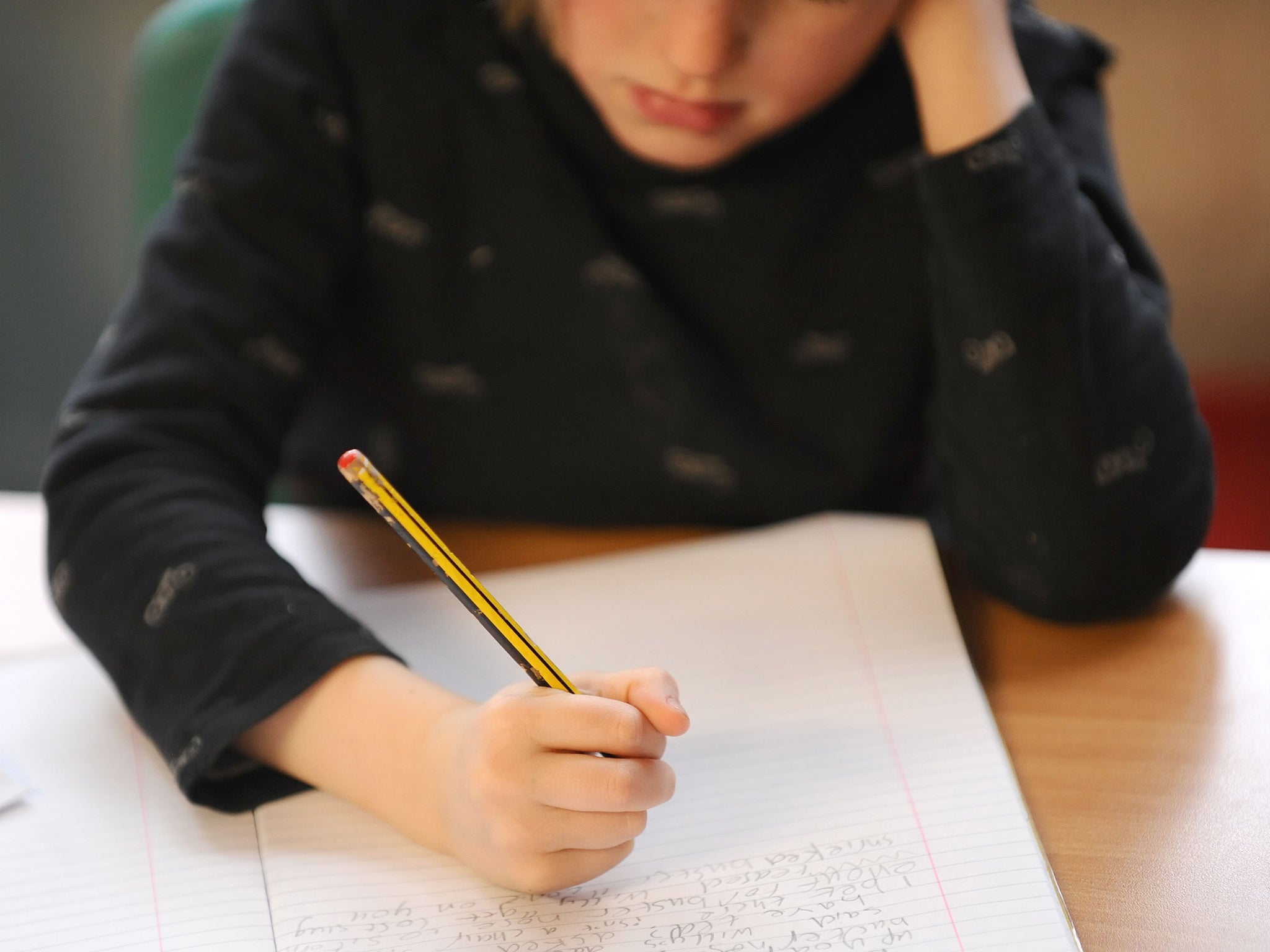Eight-year-olds to get mindfulness lessons to promote wellbeing
It comes after the headteacher of a top private school announced he would introduce empathy classes for his youngest pupils

Your support helps us to tell the story
From reproductive rights to climate change to Big Tech, The Independent is on the ground when the story is developing. Whether it's investigating the financials of Elon Musk's pro-Trump PAC or producing our latest documentary, 'The A Word', which shines a light on the American women fighting for reproductive rights, we know how important it is to parse out the facts from the messaging.
At such a critical moment in US history, we need reporters on the ground. Your donation allows us to keep sending journalists to speak to both sides of the story.
The Independent is trusted by Americans across the entire political spectrum. And unlike many other quality news outlets, we choose not to lock Americans out of our reporting and analysis with paywalls. We believe quality journalism should be available to everyone, paid for by those who can afford it.
Your support makes all the difference.School pupils as young as eight will reportedly be taught mindfulness and relaxation exercises as part of a trial run by the Government to promote wellbeing.
Millions of children are thought to face mental health issues – as many as three per classroom – and the Department for Education (DfE) is inviting schools to apply to run the trials from May.
Children will be taught to think of worrying ideas as “buses” that will drive away, as well as to use deep breathing exercises, The Sunday Times has reported.
It comes after the headteacher of a top private school announced he would introduce empathy lessons for his youngest pupils to combat the negative influence of technology.
Andrew Halls, of King’s College School in Wimbledon, said some children “have been strongly affected by the culture we have created around them – an increasingly hard-headed world in which the central human quality of empathy is struggling to survive.”
In the new trials teenagers will also be given lessons designed to combat anxiety, including hour-long sessions about coping with stress, crises and depression, according to The Sunday Times.
In 2016 the DfE launched an interactive mental-health support service called MindEd, for concerned children and their families to get information about risky behaviour, eating disorders and more.
And in February this year a survey by the non-profit Varkey Foundation, an education group, found that just 57 per cent of people in the UK who were born between 1995 and 2001 described themselves as “happy”.
Only millenials in Japan lagged behind their UK counterparts when it came to being affected by stress and anxiety, according to the survey of 20,000 15- to 21-year-olds from across the world.
Last month it was reported that nearly half of millennials in the US feared their addiction to social media was having a negative effect on their mental and physical health.
A survey by the American Psychological Association (APA) found about 90 per cent of people aged 18 to 29 were using social media.
The APA report said: “Technology has improved life for many Americans, and nearly half of this country’s adults say they can’t imagine life without their smartphones.
“At the same time, numerous studies have described consequences of technology use, including negative impacts on physical and mental health.”
Of the social media platforms, Facebook was the most frequently visited.
Join our commenting forum
Join thought-provoking conversations, follow other Independent readers and see their replies
Comments